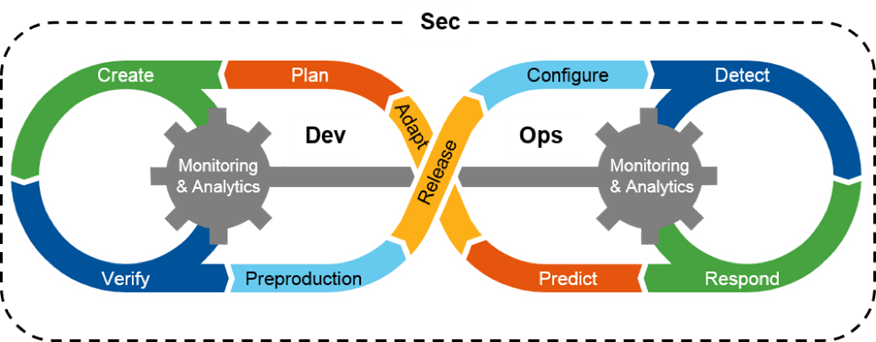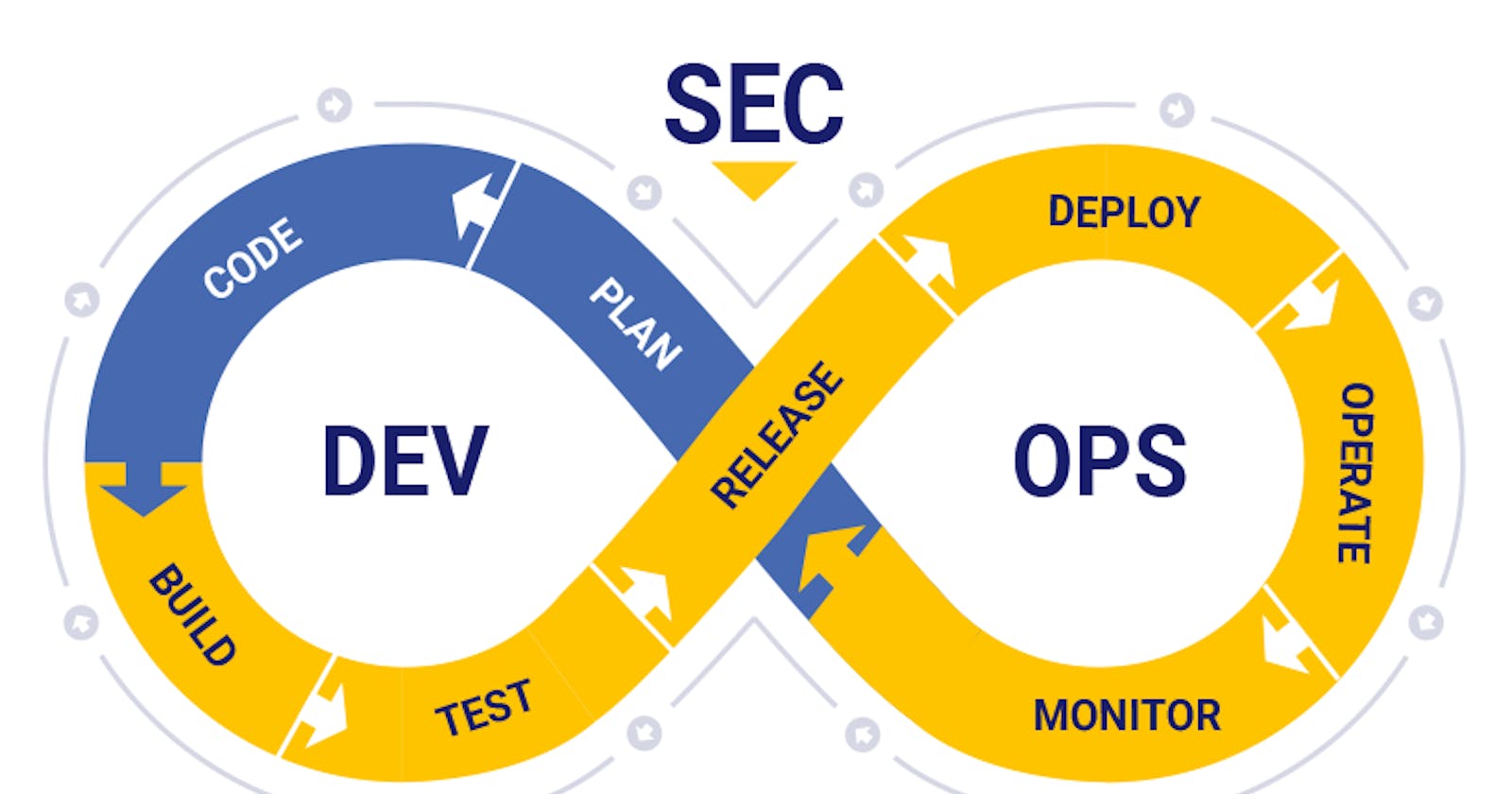The IT industry is constantly evolving, and so are the methodologies and frameworks used to manage software development and operations. Two of the most popular and effective frameworks used today are DevOps and DecSecOps. DevOps focuses on creating an environment where software development and IT operations work together seamlessly, while DecSecOps extends this methodology to include security considerations. In this blog, we will provide a roadmap for beginners to become experts in both DevOps and DecSecOps.
1. Understanding the basics of DevOps
Before diving into the details of DevSecOps, it is essential to have a good understanding of DevOps. DevOps is a methodology that combines software development (Dev) and IT operations (Ops) into a single continuous process. The goal of DevOps is to improve the quality of software development, increase deployment frequency, and reduce the time it takes to deploy new features or fixes.
To begin with, you need to understand the following key concepts in DevOps:
Continuous Integration (CI): This involves continuously integrating code changes into a shared repository and running automated tests to ensure that the changes do not break the build.
Continuous Delivery (CD): This involves continuously delivering code changes to production, ensuring that the software is always deployable.
Continuous Deployment (CD): This involves automatically deploying code changes to production without human intervention.
2. Getting Started with DevOps
Once you have a basic understanding of DevOps, you can start learning the tools and technologies used in DevOps. Some of the essential tools and technologies used in DevOps include:
Source Code Management (SCM) tools like Git, SVN, and Mercurial.
Continuous Integration (CI) tools like Jenkins, Travis CI, and CircleCI.
Containerization technologies like Docker and Kubernetes.
Configuration management tools like Ansible, Chef, and Puppet.
To get started with DevOps, you can begin by setting up a CI/CD pipeline (Continuous Integration and Continuous Delivery/Deployment) for a simple application. This will give you hands-on experience with some of the tools and technologies used in DevOps
3. A deep dive into DecSecOps
DecSecOps extends DevOps by incorporating security considerations into the software development and deployment process. The goal of DecSecOps is to ensure that security is built into the software development process from the start, rather than being an afterthought.
To begin with, you need to understand the following key concepts in DecSecOps:
Security as Code: This involves incorporating security into the code itself, using tools like Static Application Security Testing (SAST) and Dynamic Application Security Testing (DAST).
Threat Modeling: This involves identifying potential threats and vulnerabilities in the application and creating a plan to mitigate them.
Security Testing: This involves running regular security tests to identify vulnerabilities in the application.
With a gist of the basics of DecSecOps, you can begin by integrating security into your existing CI/CD pipeline. This can involve adding security testing tools like SAST and DAST to your pipeline, as well as conducting regular threat modeling exercises.
You can also start learning about compliance frameworks like HIPAA, PCI DSS, and GDPR, which are essential for organizations that handle sensitive data.
4. Moving Beyond the Basics

Once you have a good understanding of the basics of DevOps and DecSecOps, you can start exploring advanced concepts and techniques. This can involve learning about advanced CI/CD pipeline configurations, scaling CI/CD pipelines for large-scale applications, and implementing security best practices like secure coding practices, security testing, and security incident response.
You can also start exploring cloud-native DevOps and DecSecOps, which involve using cloud-based infrastructure and services to build and deploy applications.
Conclusion
DevOps and DecSecOps are essential methodologies for modern software development and deployment. By following the roadmap we’ve outlined above, you can become an expert in both DevOps and DecSecOps. It’s important to remember that both methodologies are constantly evolving, and it’s essential to keep up with the latest trends and best practices in the field.
Some additional tips for becoming an expert in DevOps and DecSecOps include:
Participating in online communities and forums, such as DevOps Exchange and DevOps Days.
Attending industry conferences and events, such as DevOps Enterprise Summit and RSA Conference.
Taking DevOps certifications.
Reading industry publications and blogs, such as The New Stack and The DevOps Handbook.
By continuously learning and staying up-to-date with the latest trends and best practices, you can become an expert in DevOps and DecSecOps and help your organization improve its software development and deployment processes.
